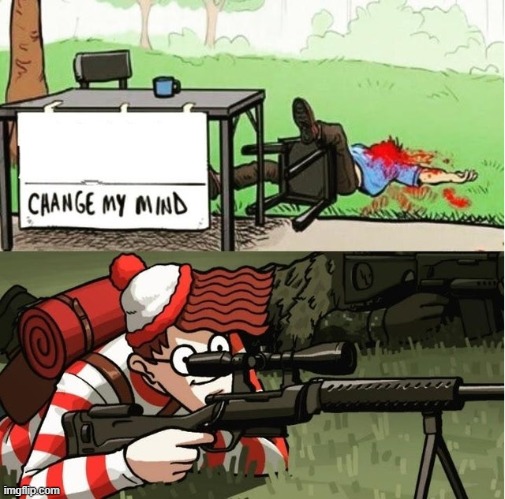

Newberg says he can't prove that McDermott or anyone else is communing with God, but he can look for circumstantial evidence. Come on! Taste and see that God really is good." "I think we're meant to sense a world beyond our five senses. "I think we're wired for the supernatural," he says. But he adds that this needs further analysis - and he'll need to find more volunteers to do this kind of interpersonal prayer before he can come to any conclusions.Īfterward, I ask McDermott if any of this challenges his beliefs. He notes some areas of increased activity in the frontal lobes, which handle focused attention - precisely what Newberg would expect from a person praying intently. "I think we're wired for the supernatural," he says.Ī few minutes later, Newberg has preliminary results on his computer screen.

Scott McDermott, a United Methodist minister, has prayed at least two hours a day for the past 25 years. "The more you focus on something - whether that's math or auto racing or football or God - the more that becomes your reality, the more it becomes written into the neural connections of your brain," Newberg says.

I ask Newberg what kind of impact that would that have on the pastor's brain. McDermott has prayed at least two hours a day for the past 25 years. "And it so enamored me - I mean, it changed me dramatically. "The first thing that got me was I could hear God's voice," the pastor said. He has enjoyed intense spiritual moments like this ever since he was in his 20s. Twenty minutes later, McDermott emerges beaming. A few minutes later, at the moment Newberg believes McDermott has reached the peak of his prayer, the researcher injects the minister with a dye that shows the blood flow in his brain. On a spring day in Newberg's laboratory, the neuroscientist settles McDermott in a darkened examination room and asks the pastor to pray for someone else - that is, intercessory prayer. He has found that people who meditate, from Franciscan nuns to Tibetan Buddhists, go dark in the parietal lobe - the area of the brain that is related to sensory information and helps us form our sense of self. Andrew Newberg, a neuroscientist at the University of Pennsylvania, has been scanning the brains of religious people for more than a decade.


 0 kommentar(er)
0 kommentar(er)
